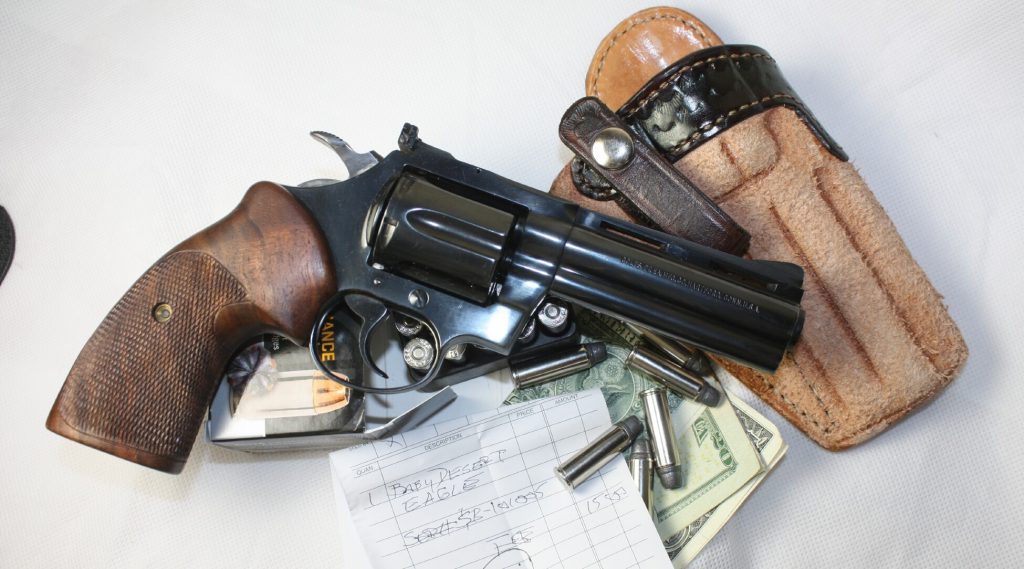
By Dave Workman | Editor-in-Chief
When the City of Seattle hastily adopted a special tax on the sale of firearms and ammunition in the summer of 2015, the Second Amendment Foundation predicted revenue from that tax would never match the forecast.
For the fourth year in a row, SAF has been proven right.
The City of Seattle’s so-called “gun violence tax” fell short again last year although the revenue figure just obtained by TGM shows a slight improvement over money collected in 2018.
Last year, the city collected $85,352, which is just over $7,800 more than the $77,518 collected in 2018.
But it’s a shadow of what proponents of the tax contended Seattle would take in when the tax was adopted. At that time, former Councilman Tim Burgess suggested the city’s revenue from the tax could reach between $300,000 and $500,000. The money was supposed to be used for “gun violence” reduction efforts.
The tax was unsuccessfully challenged by SAF, the National Rifle Association and National Shooting Sports Foundation. The groups alleged the tax was actually a form of local gun control, which is forbidden by Washington state’s preemption law, adopted in 1983 and again in 1985. Under that statute, only the Legislature can adopt gun regulations.
Seattle has been lobbying at the state capitol for many years to return to the days of local controls, when gun laws varied from city to city and county to county, often confusing and sometimes conflicting with one another. That changed with the adoption of the preemption law.
When SAF supported a Public Records Act lawsuit filed by the editor of TheGunMag.com (formerly Gun Week) in 2016 to force the city to release tax revenue data, the court agreed. It was then the city revealed just how short the actual revenue figure was, an embarrassing $103,766 for the first year of collections. The next year, 2017, saw gun tax revenue fall even farther, to $93,220 and by 2018, the collections had plummeted.
Last year is the first time the tax has actually picked up a bit, though still nowhere near the original prediction.
One of the city’s two major gun stores actually moved to avoid paying the tax. The other major retailer—Outdoor Emporium—routinely refers gun-buying clients to its sister store in Pierce County.
The tax places a $25 fee on the sale of each firearm. The city also imposes a 5-cent tax per round of centerfire ammunition and 2 cents on every round of rimfire ammunition.
While the tax was promoted as a way to reduce gun-related violence, Seattle Police Department data suggests it has failed on that front in terms of gun-related homicides, and has been only marginally successful in reducing the number of shots-fired reports.
In 2016, the first full year this tax was collected, Seattle Police data shows a total of 326 shooting incidents including 11 fatal shootings, 59 incidents of people wounded, and 256 reports of shots fired.
The next year saw 351 shooting incidents including 16 murders, 67 cases of gunshot injuries and 268 shots fired reports.
In 2018, the data shows 308 shooting incidents including 13 slayings, 67 more cases of people being injured and 228 shots fired reports.
Last year, there were 18 gun-related killings, 73 non-fatal shootings were reported and the city logged 224 reports of shots fired.



